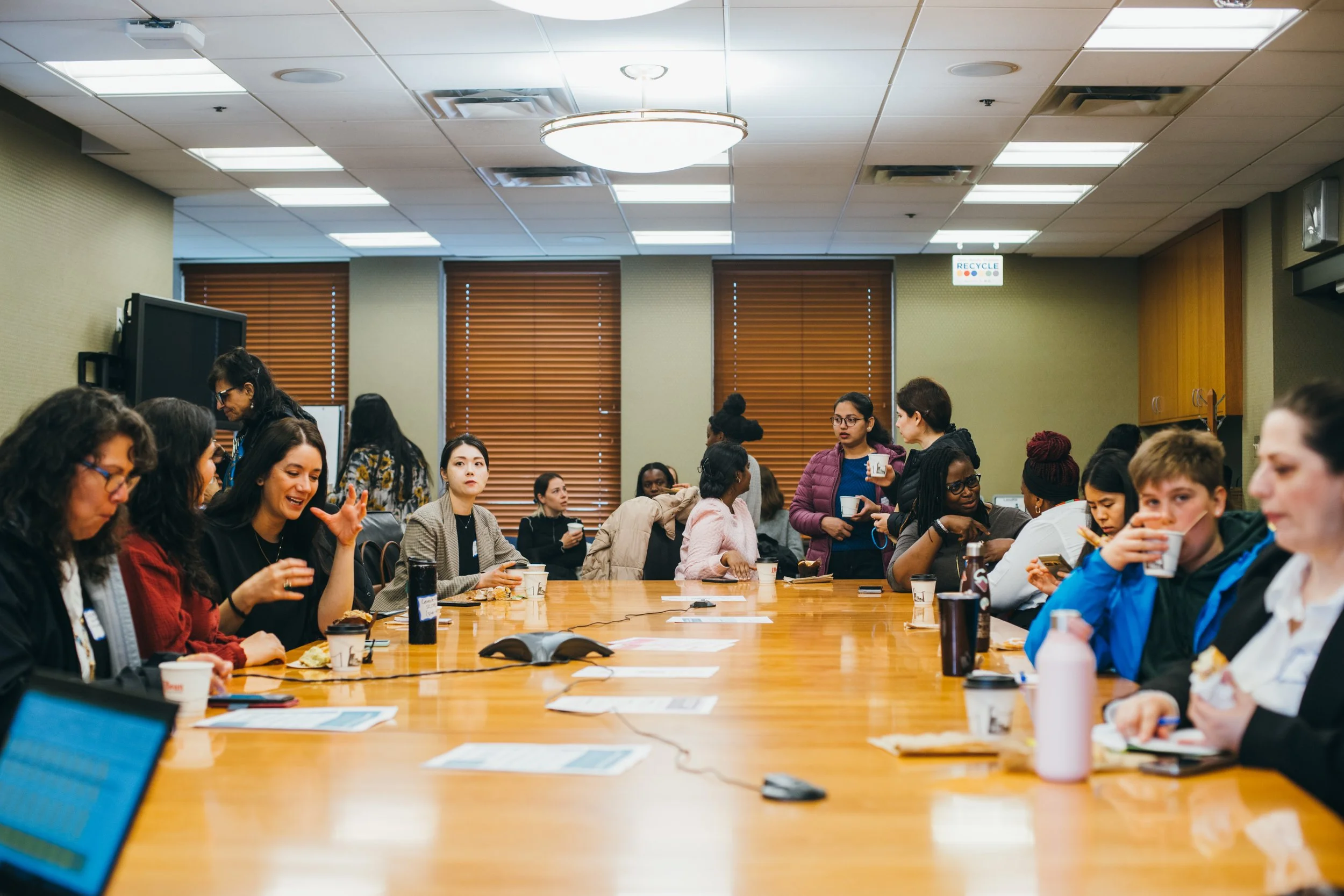We Demand A Transparent Budget
WTC calls on Vancouver city council to commit to a transparent budget process, protection of services that make life more affordable, and no increase in user fees.
We are deeply concerned that Vancouver’s draft budget proposes cuts of $120 million. Cuts this deep are impossible without impacting the reliability, quality, and accessibility of services that make life more affordable.
City council has not provided a:
Clear plan to protect the services, programs, and jobs that residents rely on.
Guarantee against hidden user fees elsewhere that will impact those struggling most with the cost-of-living.
Commitment to transparently identifying what will be cut before voting on the budget.
These decisions should not happen behind closed doors. As our elected representatives, council is paid to decide how to invest public funds on our behalf. Yet they haven’t committed to providing residents with a line-by-line breakdown of specific services, jobs, and programs that will be eliminated or reduced before voting on the budget. A budget process that hides the truth about what is being cut until after decisions have been made is unacceptable.
The draft budget lacks transparency for residents. To date, concrete details about these cuts have only been made accessible to the public because of public servants’ whistleblowing, which indicate that:
The Park Board faces $15 million in cuts, putting programs for youth, seniors, people with disabilities, and 2SLGBTQIA+ communities are at risk. Childcare supports delivered through community centres are also at risk.
400 full-time jobs are likely to be lost, according to a leaked memo from staff, many of them expected to be in departments focused on social services and sustainability.
The police budget has ballooned to $525 million per year – a 10% increase for this year alone. Meanwhile, Arts Culture and Community Services (ACCS), which is already a small and underfunded department, is being set up for 12% cuts. ACCS leads many initiatives that support equity-deserving communities and address public safety concerns before they arise, like homelessness services, childcare, public washrooms, and preventing gender-based violence.
In comparison to the $46 million police budget increase, city staff have indicated that just $1.65 million would allow libraries to open 7 days per week.
These services are not luxuries—they are what make it possible to live, participate, and thrive in this expensive city. For example:
Libraries provide a safe and free place for newcomers, students, parents, seniors, and women experiencing intimate partners violence.
Community centres and recreation programs (including the Leisure Access Pass) provide low-cost activities that many would otherwise not be able to participate in.
Childcare funding helps address the shortage of affordable childcare that raises costs for caregivers and prevents many women from earning an income.
Public washrooms help all residents, especially seniors, carers and people with disabilities, access public spaces and run errands more easily.
Food security initiatives help low-income residents with the rising cost of groceries.
Climate resilience initiatives save taxpayers money in the long run by protecting infrastructure now.
Street tree maintenance provides shade and lowers our electricity bills.
Cuts will result in increased costs elsewhere. Other departments may be forced to increase fees, adding additional costs for housing, small businesses, pet owners, and park users. A zero percent tax increase may save some residents a few dollars this year, but in the long run, we’ll see higher costs related to housing, healthcare, childcare, and climate impacts if we don’t invest in a healthy, inclusive, and resilient city now.
We’re calling for:
A transparent budget process with a detailed, line-by-line breakdown of all proposed cuts published before Council votes—so residents can see exactly what services, jobs, and programs are being eliminated.
A guarantee that council will protect services and programs that make our city more inclusive, more affordable, and that prevent public safety and health issues from happening in the first place.
A commitment that user fees will not increase to compensate for tax cuts.
This reflects the dominant view of more than 6,000 people and 900 businesses who completed the pre-budget consultation survey. 62% of residents and 60% of businesses said delivering high-quality services and infrastructure was their top priority. Most respondents preferred a property tax increase in order to maintain current service levels.
Take Action
Speak at the November 12th Special Council Meeting.
Register to speak by Tuesday, November 11 at 5pm. You can speak in-person or by phone. See WTC’s civic engagement resources for more information and tips.
Email mayor and council.
Their emails are ken.sim@vancouver.ca, rebecca.bligh@vancouver.ca, lisa.dominato@vancouver.ca, pete.fry@vancouver.ca, sarah.kirby-yung@vancouver.ca, mike.klassen@vancouver.ca, lucy.maloney@vancouver.ca, peter.meiszner@vancouver.ca, brian.montague@vancouver.ca, sean.orr@vancouver.ca, lenny.zhou@vancouver.
Support our work to hold council accountable and build the capacity of underrepresented communities to shape city hall decisions.


